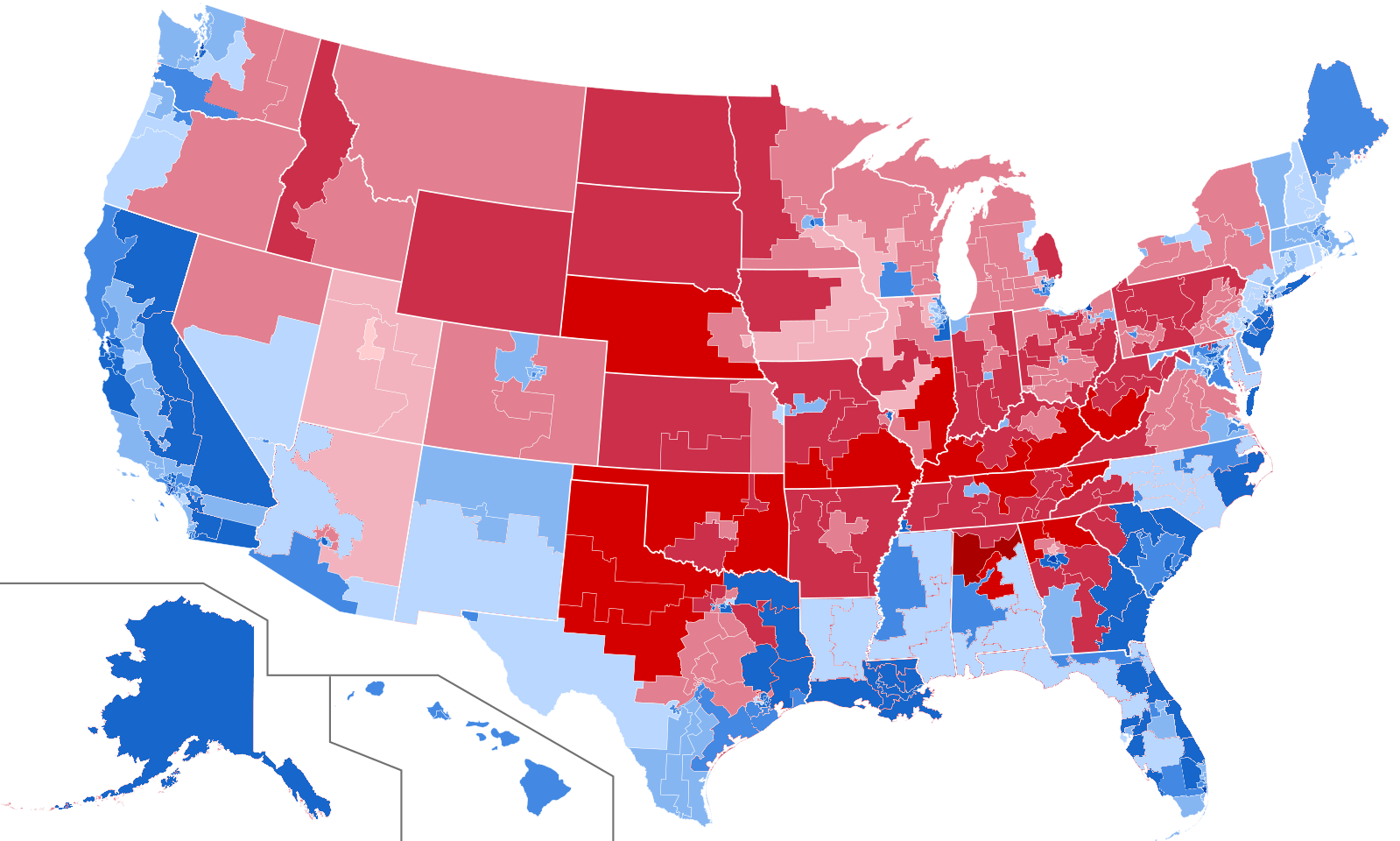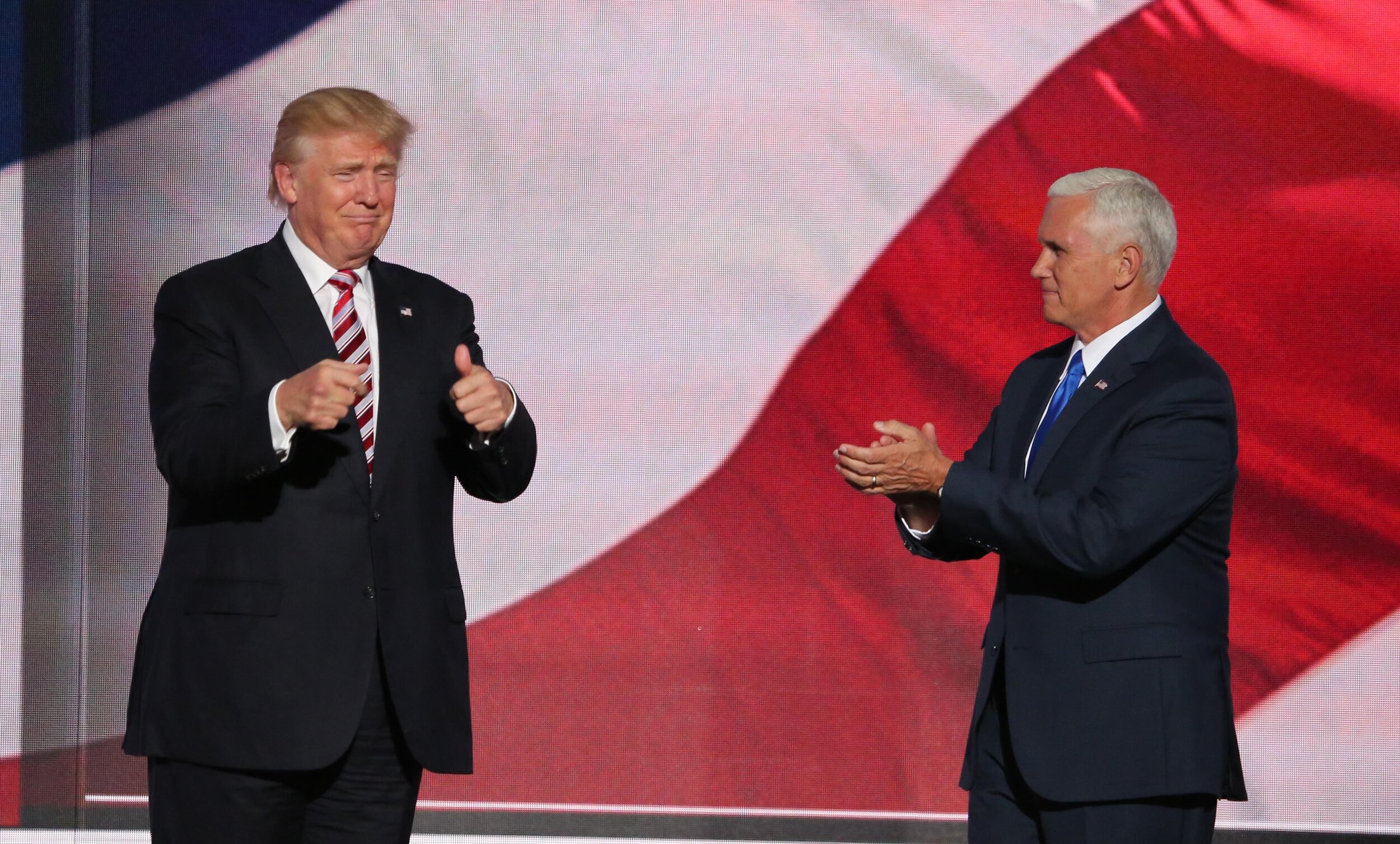When Peter Grant CC ’21 woke up Tuesday morning, he was shocked to find an email in his inbox from his Lit Hum professor Sejal Joshi.
“Professor Joshi was unclear about our assignment, so I decided to email him a follow-up question. I sent him the email Monday night, and was startled to see that he’d replied by the following morning,” Grant explained. When he saw the concise summarization of the assignment due in the next class, Grant got goosebumps. “I’ve never felt so seen by a member of the faculty. If I’m being honest, I popped a half-chub the minute I opened it,” he said.
Grant had painstakingly crafted the tone of his email to sound both warm and professional, figuring this was the best way to garner a response. He did his best to ignore the fact that Joshi’s reply had forgone proper capitalization and had not one, but three grammar errors. Grant did not take this sloppiness as a personal slight; humanities professors are busy people, and coherence is not a necessary quality in this field anyway.
We tracked Joshi down in his Manhattanville office, where he defended his policy of sporadically answering emails. “Generally, I prefer if students see me in person. It’s not that difficult, and I find it’s easier to answer questions this way,” he said. Joshi has office hours every third Wednesday of months beginning with a vowel.
Joshi also explained why he had chosen to immediately respond to Peter Grant’s email, and not to his peers. As it turns out, it was a clerical error.
“The email said it was from GRANT, and I misread it and thought my research had received funding from the university. I usually make a point of not opening emails from students. Any response within a month or so just makes them feel entitled, and besides, direct student-faculty conduct is a lawsuit waiting to happen,” he explained.
Grant, however, was not disheartened by the news. He was still convinced that Professor Joshi saw something in him that wasn’t apparent in his peers. Perhaps it was the brilliant way he declared that The Iliad was actually a meditation on the concept of free will. He ended his interview by asking The Fed, “Do you think this means I can ask Joshi for a recommendation to law school?”










